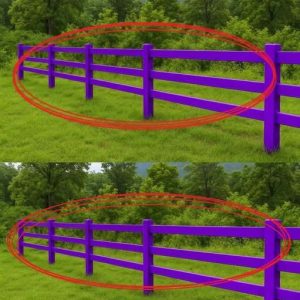The Tow Truck and the Tipping Point: A Los Angeles Story
On August 15, in Los Angeles, tow truck driver Bobby Nunez allegedly hooked and towed an ICE vehicle in the middle of an arrest operation — laughing, filming, and streaming the chaos. Federal prosecutors say he even struck an officer while swinging open a suspect’s car door. A bystander’s video quickly went viral, turning a law enforcement operation into a spectacle.
Nunez now faces federal obstruction charges that carry up to 10 years in prison. Homeland Security investigators tracked him via TikTok videos mocking law enforcement. Acting U.S. Attorney Bill Essayli condemned the stunt, emphasizing the seriousness of interfering with a federal arrest.
Yet public reaction has been mixed. Los Angeles, a sanctuary city with a history of protests against ICE, has long grappled with tension between federal authority and immigrant communities. Just days prior, a federal court ruled that a Trump-era National Guard deployment to suppress anti-ICE protests was unconstitutional, reopening wounds from 2020.
The incident underscores a larger issue: the erosion of trust between citizens and institutions. In a digital age, defiance can quickly become performance, blurring the line between civil disobedience and spectacle.
Whether Nunez is criminal or rebel, the episode raises uncomfortable questions: What drives citizens to mock the law instead of trusting it? How does authority become a symbol of fear rather than protection?
The tow truck may have been absurd, but the story it tells — about power, defiance, and fractured civic faith — is a serious reflection on the fragile thread of justice in a divided society.





